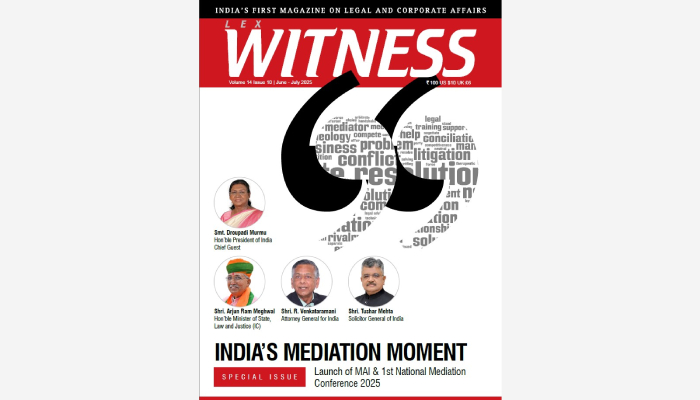
or

The Ministry of Electronics and Information Technology (“MEITY”) has released a report titled “Empowering Public Sector Leadership: A Competency Framework for AI Integration in India” (“Report”). It outlines a competency framework for public sector officials in India to empower them for artificial intelligence (“AI”) integration in the public sector. The Report highlights major challenges with AI, necessitating a holistic approach to governance and competencies.
The Report divides the government hierarchy into three levels – policy level officials, mid-level officials, and project implementers, and maps their responsibilities across three broad stages of an AI system’s lifecycle, namely, planning and design, development and deployment, and monitoring and maintenance. It acts as a guide on attributes, skills, and knowledge required from public officials to engage with AI technology. Notably, the Report stresses the importance of the private sector’s expertise in helping the public sector drive innovation through public-private partnerships, expert feedback, and upskilling assistance. The Report advocates imbuing both ethical leadership skills and practical technical skills for public sector officials to enable them to manage risk, data, and security, and make sound decisions that align with the principles of responsible AI.
The Report sets implicit expectations for the private sector. The major focus seems to be on responsible AI development to tackle concerns of data privacy, security, transparency, and explainability. Private entities looking to engage with the Indian public sector on AI should imbibe the recommendations made in the Report. The sharp focus on responsible AI development is largely in line with India’s globally projected goals in the AI space. However, certain ideas that seem to have resurfaced, like the AI Governance Board, may stir concerns relating to innovation in the private sector. Overall, the Report serves as an insight into the government’s thinking on any future AI governance regulations.
Jasman Dhanoa is a Senior Associate at ADP Law Offices, where he is an integral member of the advisory team. He earned his degree from Gujarat National Law University. At the Firm, Mr. Dhanoa’s practice is concentrated on providing legal counsel to clients in various sectors, including technology, media and telecommunications, cybersecurity, data protection, artificial intelligence, medical devices, consumer protection, advertising, and privacy law.
Sejal Lahoti is an associate in the advisory team at ADP Law Offices. She advises clients on issues of data protection, artificial intelligence, electronics, and consumer protection, among others, helping them navigate the regulatory landscape. She graduated from Damodaram Sanjivayya National Law University. Sejal has previously worked with the TMT teams at reputed Delhi NCR and Bengaluru law firms.

Lex Witness Bureau

Lex Witness Bureau

Lex Witness Bureau

For over 10 years, since its inception in 2009 as a monthly, Lex Witness has become India’s most credible platform for the legal luminaries to opine, comment and share their views. more...
Connect Us:


The Grand Masters - A Corporate Counsel Legal Best Practices Summit Series
www.grandmasters.in | 8 Years & Counting
The Real Estate & Construction Legal Summit
www.rcls.in | 8 Years & Counting
The Information Technology Legal Summit
www.itlegalsummit.com | 8 Years & Counting
The Banking & Finance Legal Summit
www.bfls.in | 8 Years & Counting
The Media, Advertising and Entertainment Legal Summit
www.maels.in | 8 Years & Counting
The Pharma Legal & Compliance Summit
www.plcs.co.in | 8 Years & Counting
We at Lex Witness strategically assist firms in reaching out to the relevant audience sets through various knowledge sharing initiatives. Here are some more info decks for you to know us better.
Copyright © 2020 Lex Witness - India's 1st Magazine on Legal & Corporate Affairs Rights of Admission Reserved